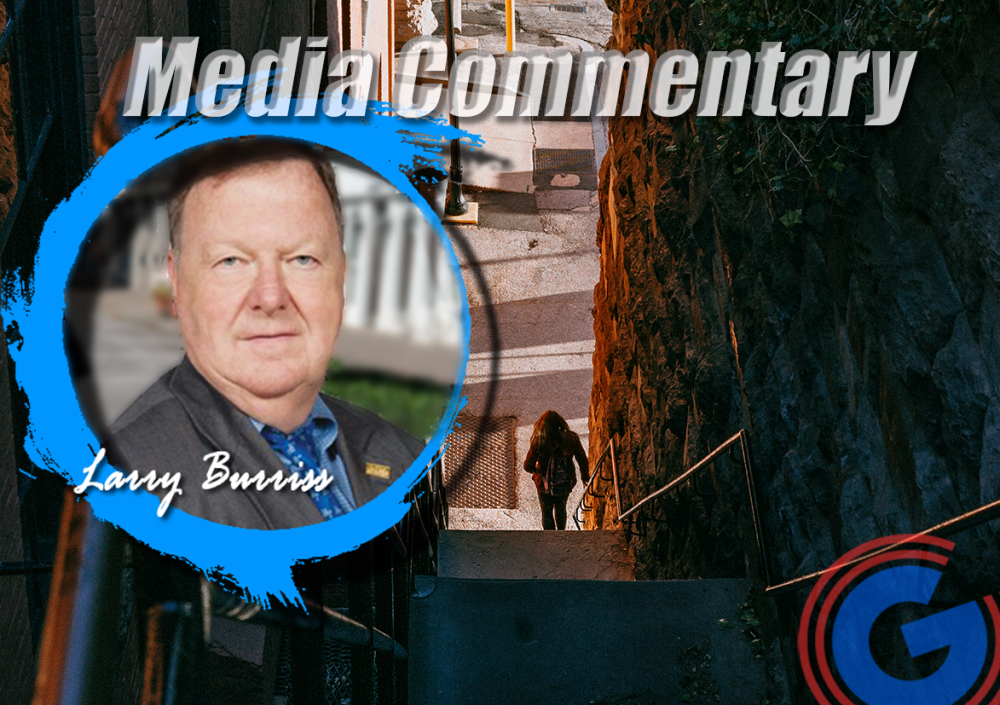In this high tech world in which we live, there are some commonalities. What about the words that we use? With today's media commentary, here is MTSU Professor of Journalism Larry Burriss...
Verbatim: "Despite all of the high-tech devices part of almost every aspect of our lives, one small essential element remains at the heart of every message, e-mail, text and conversation. And that essential elements is, quite simply, the word.
There is a commercial on television where a group of children are watching sporting events on television. One scene shows the kids watching a soccer match, and one of them says it sure looks difficult running up and down the field. Then one of the other children turns and says, smugly I might add, “It’s a ‘pitch’.”
Now, there are, in fact, differences between a soccer field and a soccer pitch. But I’ve read sports stories that use both interchangeably, while other stories make a distinction.
What is even more interesting is some sources say the differences are significant, while others say it just a matter of interpretation.
But I’m of the opinion it really doesn’t matter what you call it, so long as everyone agrees on the general definition. Certainly no one is going to call it a “soccer court,” and if they did, it would lead to confusion and misunderstanding.
So everyone must agree on a general definition for the words we use. And the more critical the usage, the more critical we agree on what the words mean.
For example, a more serious issues involves the word “may,” especially when used in a legal context.
There is currently in Ohio a proposed constitutional amendment in the upcoming November election, using the phrase “may be prohibited.” As you might expect, both sides in the debate are claiming different effects, not just different definitions for the phrase.
One side is claiming the other side will use the words to mean “could be,” making the phrase of no value.
The other side is claiming opponents will use the phrase in the sense of absolutely can, or “will be” prohibited.
And both sides are claiming the wording is meant to deceive the public, but only in the direction of which each side disapproves.
So as we edge closer and closer to election season, this might be a good time to recall the words variously attributed to both Robert McCloskey, and Allan Greenspan, “I know you believe you understand what you think I said, but I am not sure you realize what you heard is not what I meant.” - I’m Larry Burriss”
About Dr. Burriss - Larry Burriss, professor of journalism, teaches introductory and media law courses. At the graduate level he teaches quantitative research methods and media law. He holds degrees from The Ohio State University (B.A. in broadcast journalism, M.A. in journalism), the University of Oklahoma (M.A. in human relations), Ohio University (Ph.D. in journalism) and Concord Law School (J.D.). He has worked in print and broadcast news and public relations, and has published extensively in both academic and popular publications. He has won first place in the Tennessee Associated Press Radio Contest nine times. Dr. Burriss' publications and presentations include studies of presidential press conferences, NASA photography, radio news, legal issues related to adolescent use of social networking sites, legal research, and Middle Earth.
Dr. Burriss has served as director of the School of Journalism, dean of the College of Mass Communication and president of the MTSU Faculty Senate. He was appointed by Gov. Phil Bredesen to serve on the Tennessee Board of Regents. He was a lieutenant colonel in the U.S. Air Force and served on active duty in Mali, Somalia, Bosnia, Central America, Europe and the Pentagon.






